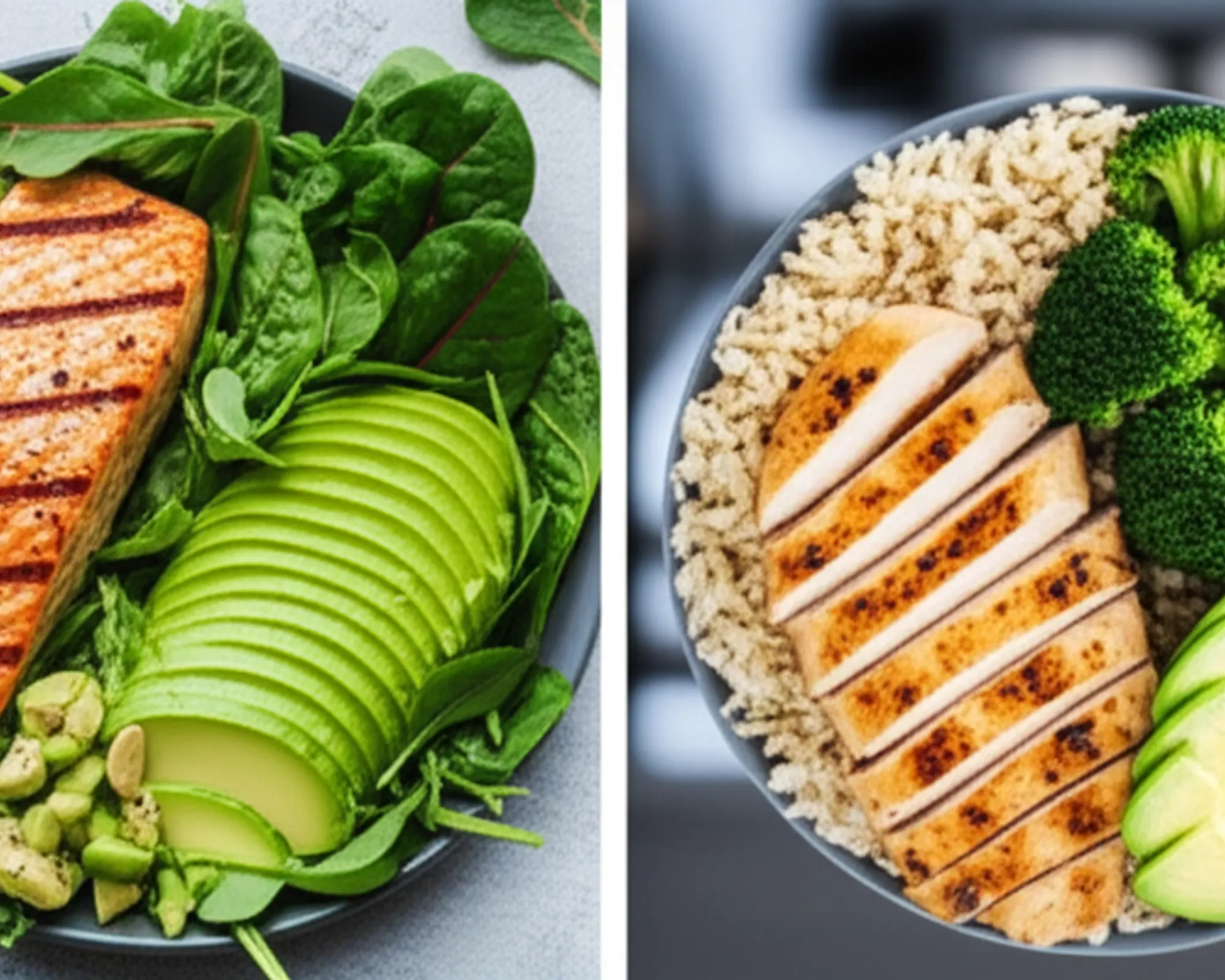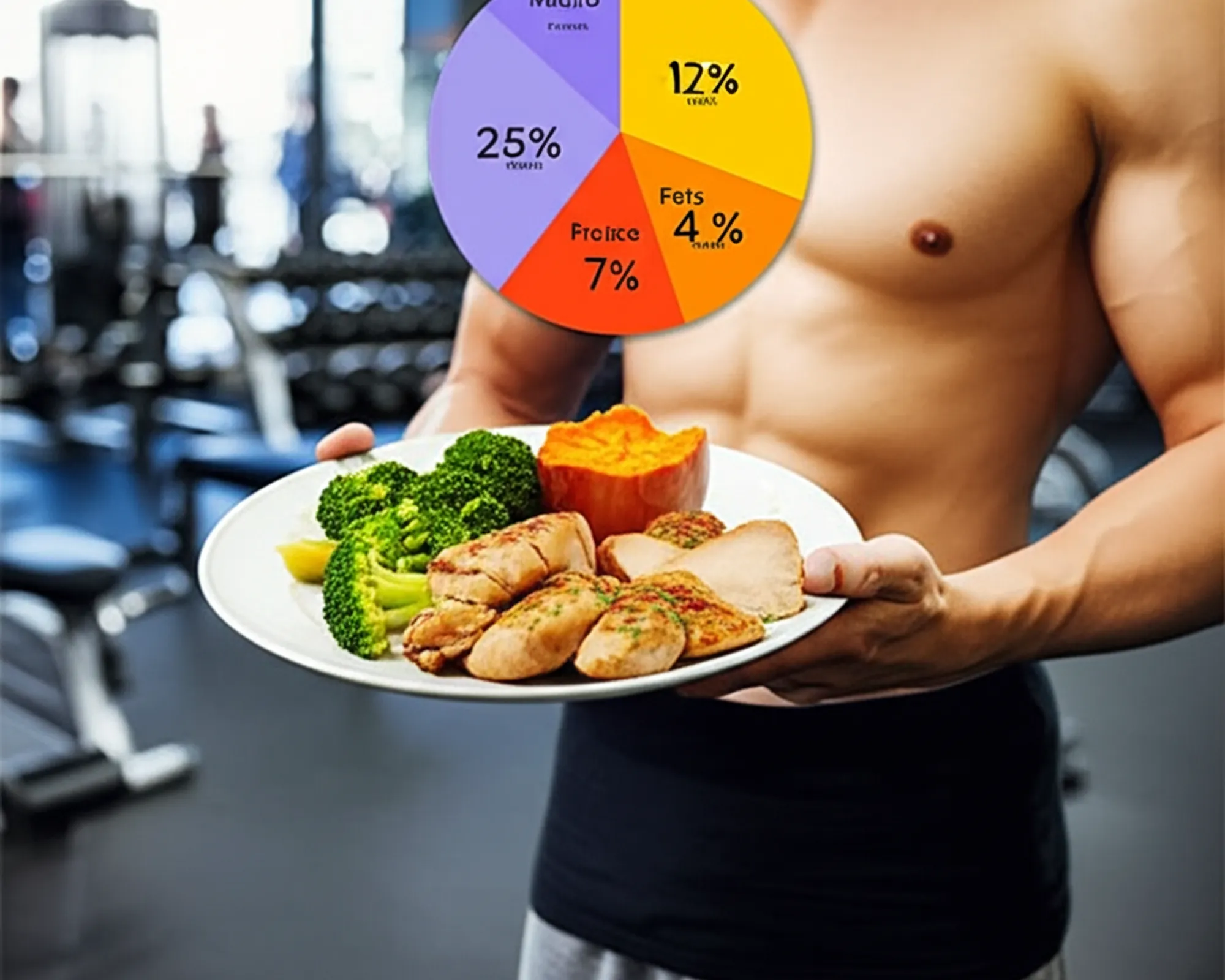Best Supplements for Gym Beginners

Embarking on a fitness journey is an exciting step towards a healthier, stronger you. As a gym beginner, you're likely bombarded with information – from workout routines to diet plans, and of course, the vast world of supplements. It's easy to feel overwhelmed, wondering which, if any, of these powders and pills can truly help you reach your goals faster. Let's cut through the noise: supplements are not magic bullets, nor are they a replacement for consistent training and a balanced diet. However, when used wisely, certain supplements can indeed provide a beneficial edge, helping you recover faster, perform better, and ensure your body has all the essential nutrients it needs.
This guide will introduce you to the best supplements for gym beginners, focusing on those with proven benefits and a strong safety profile. Our aim is to equip you with the knowledge to make informed decisions, so you can build a solid foundation for your fitness success without wasting money on ineffective products.
Whey Protein: Your Muscle-Building Ally
If there's one supplement almost universally recommended for gym-goers, it's whey protein. Protein is fundamental for muscle repair and growth, and when you start training, your body's demand for it increases significantly. While you can get plenty of protein from whole foods like chicken, fish, eggs, and legumes, whey protein offers a convenient, fast-digesting option.
Why it's great for beginners:
- Muscle Recovery & Growth: Whey protein provides a complete amino acid profile, including all nine essential amino acids necessary for muscle protein synthesis (MPS) – the process by which your body builds new muscle. After a workout, your muscles are primed for repair, and a quick influx of protein helps kickstart this process.
- Convenience: It's incredibly easy to mix a scoop of whey protein with water or milk for a quick post-workout shake or a snack between meals. This helps you hit your daily protein targets without having to cook another meal.
- Satiety: Protein is known for its ability to keep you feeling fuller for longer, which can be beneficial if you're also trying to manage your weight.
How to use: Aim for 20-30 grams of whey protein post-workout. You can also use it as a snack if you're struggling to meet your protein intake from whole foods alone. Look for whey protein isolate or concentrate from reputable brands.
Creatine Monohydrate: The Performance Enhancer
Creatine is one of the most well-researched and effective supplements for increasing strength, power, and muscle mass. It's naturally found in small amounts in red meat and fish, and your body also produces it. Supplementing with creatine helps saturate your muscles' creatine stores, leading to improved performance during high-intensity, short-burst activities like lifting weights.
Why it's great for beginners:
- Increased Strength & Power: Creatine helps regenerate ATP (adenosine triphosphate), the primary energy currency of your cells, allowing you to perform more reps or lift slightly heavier weights. This translates to faster strength gains.
- Muscle Volume: Creatine draws water into muscle cells, leading to an increase in muscle cell volume, which can contribute to a fuller, more muscular appearance and potentially signal muscle growth.
- Enhanced Recovery: Some studies suggest creatine may help reduce muscle cell damage and inflammation after intense exercise, aiding in quicker recovery.
How to use: The most common approach is to take 3-5 grams of creatine monohydrate daily, consistently. You can mix it with water, juice, or your protein shake. There's no strict timing; consistency is key. A "loading phase" (20g/day for 5-7 days) can saturate muscles faster, but it's not strictly necessary and 3-5g daily will eventually achieve the same results over 3-4 weeks.
Multivitamin: Bridging Nutritional Gaps
While a varied and balanced diet should always be your primary source of vitamins and minerals, a multivitamin can act as a nutritional safety net, especially for beginners who might still be refining their dietary habits. Intense physical activity can also increase your body's demand for certain micronutrients.
Why it's great for beginners:
- Ensures Micronutrient Intake: A good multivitamin helps ensure you're getting adequate amounts of essential vitamins and minerals crucial for overall health, energy production, immune function, and recovery.
- Supports Body Functions: Vitamins and minerals play vital roles in hundreds of bodily processes, from metabolism to nerve function. Having sufficient levels supports your body's ability to adapt to new training demands.
How to use: Take one serving daily with a meal to enhance absorption, as directed on the product label. Look for a multivitamin that contains a broad spectrum of vitamins and minerals in bioavailable forms.
Omega-3 Fatty Acids (Fish Oil): The Anti-Inflammatory Boost
Omega-3 fatty acids, particularly EPA (eicosapentaenoic acid) and DHA (docosahexaenoic acid) found in fish oil, are renowned for their anti-inflammatory properties. As a beginner, your muscles will experience significant soreness and inflammation as they adapt to new stresses. Omega-3s can help manage this.
Why it's great for beginners:
- Reduces Muscle Soreness & Inflammation: Regular intake of Omega-3s can help mitigate exercise-induced muscle damage and inflammation, potentially leading to faster recovery and reduced Delayed Onset Muscle Soreness (DOMS).
- Joint Health: Lifting weights puts stress on your joints. Omega-3s can support joint health and flexibility, which is crucial for long-term training sustainability.
- Overall Health Benefits: Beyond exercise, Omega-3s are vital for brain health, cardiovascular health, and mood regulation, contributing to your overall well-being.
How to use: Aim for at least 1-2 grams of combined EPA and DHA per day. You can take it with a meal. Check the label for the exact EPA/DHA content per capsule.
Pre-Workout: An Optional Energy Boost (Use with Caution)
Pre-workout supplements are designed to provide an energy boost, enhance focus, and improve performance during your training session. They typically contain a blend of ingredients like caffeine, beta-alanine, citrulline malate, and creatine. While they can be effective, beginners should approach them with caution.
Why it might be considered (with caution) for beginners:
- Energy & Focus: If you're feeling sluggish or need an extra push, a pre-workout can provide the motivation to get through an intense session.
- Improved Performance: Ingredients like citrulline malate can improve blood flow, while beta-alanine can buffer lactic acid, potentially allowing for more reps.
How to use: Start with half a serving to assess your tolerance, especially due to the caffeine content. Avoid taking it too close to bedtime. Some beginners may find the stimulants too intense, in which case, focusing on the core supplements and good sleep is a better strategy. If you're sensitive to caffeine, opt for stimulant-free versions.
Supplements to Approach with Caution (or Avoid) as a Beginner
While the supplements above are generally safe and effective for beginners, there are others you should either avoid or research thoroughly before considering:
- Fat Burners: Often contain high doses of stimulants and ingredients with questionable efficacy or potential side effects. Focus on diet and exercise for fat loss.
- Testosterone Boosters: Unless diagnosed with a medical condition and advised by a doctor, these are unnecessary and ineffective for natural beginners.
- Complex Stacks: Avoid products with long, proprietary blends that don't list individual ingredient dosages. Stick to single-ingredient supplements initially.
- Mass Gainers: While convenient for adding calories, many are simply high in sugar and less nutrient-dense than whole foods. Prioritize real food for caloric surplus.
Important Considerations for Every Gym Beginner
Remember, supplements are just that – supplements. They complement your efforts, they don't replace them. For any beginner, the foundational pillars of success are:
- Prioritize Whole Foods: A balanced diet rich in lean protein, complex carbohydrates, healthy fats, fruits, and vegetables should be the cornerstone of your nutrition. Supplements fill gaps; they don't replace meals.
- Consistency in Training: Showing up and putting in the work consistently is far more important than any supplement. Stick to a well-structured training program.
- Adequate Sleep: Sleep is when your body recovers, repairs muscles, and optimizes hormone production. Aim for 7-9 hours per night.
- Stay Hydrated: Water is essential for every bodily function, including nutrient transport and muscle performance. Drink plenty throughout the day.
- Listen to Your Body: Pay attention to how your body responds to training and supplements. Adjust as needed.
- Consult a Professional: Before starting any new supplement regimen, especially if you have pre-existing health conditions or are on medication, consult with your doctor or a registered dietitian.
- Read Labels and Research Brands: Not all supplements are created equal. Choose reputable brands with third-party testing for purity and potency.
Conclusion
Navigating the world of gym supplements as a beginner doesn't have to be daunting. By focusing on a few key, well-researched supplements like whey protein, creatine monohydrate, a good multivitamin, and omega-3s, you can effectively support your training goals, enhance recovery, and ensure your body has the building blocks it needs. Always remember that these are aids, not shortcuts. Your dedication to consistent training, a nutritious diet, adequate sleep, and proper hydration will always be the most powerful tools in your fitness arsenal. Start simple, stay consistent, and enjoy the incredible journey of transforming your body and mind!


